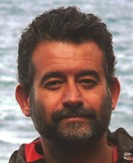No teacher left behind: pursuing an utopia in the professional development of kindergarten teachers
As the President of the Association of Early Childhood Professionals (APEI), I have an important role of developing and furthering the organisation’s aim of professional development of early years professionals.
One of the difficulties experienced by both researchers and early childhood educators is around the question of the dialogue between research and practice, that is, between researchers and practitioners.
The history of Early Childhood Education shows that research outcomes are usually discussed within the network of researchers at national and international levels, but rarely reach and influence the practices of early childhood teachers. On the other hand, early childhood educators tend to look with distrust at the work of researchers, either because of the difficulty in interpreting research processes and outcomes or because of the difficulty in considering them into their educational practice. While it is generally agreed that a professional practice should be theoretically grounded, it is very common to hear that theory is one thing and practice is another.
In APEI developmental approach to teachers’ development, we start from the premise that professional development is essentially based on formative processes and lifelong learning which can mobilise a very significant number of researchers and early childhood educators with referenced practices, creating synergies between research and practice or building a network of trainers and training throughout the national territory.
In that context APEI developed an intensive endeavor of publishing the most significant international literature on early childhood education as a central support for a national dynamic of professional development. The principle of democratic access to information is very important to pursue the dream that no teacher should be left behind.
This keynote will provide a reflexive and critical account of this process that I am highly involved in.
 Luís Alberto Ribeiro is the President of the Association of Professionals in Early Childhood Education (APEI), an advisor to the National Education Council, a member of the editorial board of the magazine “Children in Europe Today”, a member of the board of the Southern Democratic Teachers Union, and President of the Oriola Social Center for the Elderly.
Luís Alberto Ribeiro is the President of the Association of Professionals in Early Childhood Education (APEI), an advisor to the National Education Council, a member of the editorial board of the magazine “Children in Europe Today”, a member of the board of the Southern Democratic Teachers Union, and President of the Oriola Social Center for the Elderly.
He has a degree in pre-school education, with two post-graduate degrees in School Administration.
He was a member of the National Commission for the Monitoring and Expansion of Pre-School Education Supply, of the Ministry of Education, and in the Regional Directorate of Education of the Alentejo (regional body of the Ministry of Education), he coordinated the Expansion Team for the Pre-School Education Network, was a member of the Monitoring and Follow-up Team for the School Clusters and the New Management Model, and coordinated several studies on the expansion of the pre-school education network.
For ten years he was director of the Portel School Cluster (network of schools from pre-school to high school), by appointment of the Minister of Education, was a member of the Scientific Council for Teacher Evaluation, city councilor for ten years, and founding member of the Portuguese Forum for Educational Administration.
He has developed several projects in the fields of initiation to the aquatic environment, experimental sciences, school libraries, health education, sustainability, and computer science.
He has several articles published in national and international journals and has presented several papers at the invitation of national and international entities.

